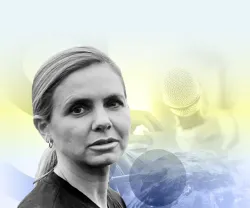
Social mobility in Portugal
In recent years, aspects of economic and social inequality have been receiving more and more attention. Economic and social mobility, or the lack of it, in a society is seen as an element of social justice. This study by Fundação Francisco Manuel dos Santos, produced by Teresa Bago d'Uva and Marli Fernandes, seeks to make a quantified assessment, one that is as thorough as possible, the degree of economic and social mobility in Portugal, i.e. to what extent the social and economic position of parents does not determine the social and economic position of their children.
Using information on parents and children from existing and routinely collected surveys, this study (re)constructs the temporal movement of the social position of different generations, looking at questions such as:
- the relationship between educational level and professional category between parents and children;
- the relationship between these two measures of the parent’s socioeconomic status and the children's family income;
- intergenerational mobility in family income and wages;
- the degree of equality of opportunity that prevails in society;
- the uncertainty surrounding income trajectories;
- intra-generational mobility in Portugal and in comparison to the European Union between 1995 and 2000, and 2003 and 2013.
Through the publication of this study, Fundação Francisco Manuel dos Santos seeks to contribute with careful empirical analyses to learning more about social mobility in Portugal, while it also serves to complement studies previously promoted by FFMS, especially "Economic Inequality in Portugal" and "Income Inequality and Poverty in Portugal", coordinated by Carlos Farinha Rodrigues.





